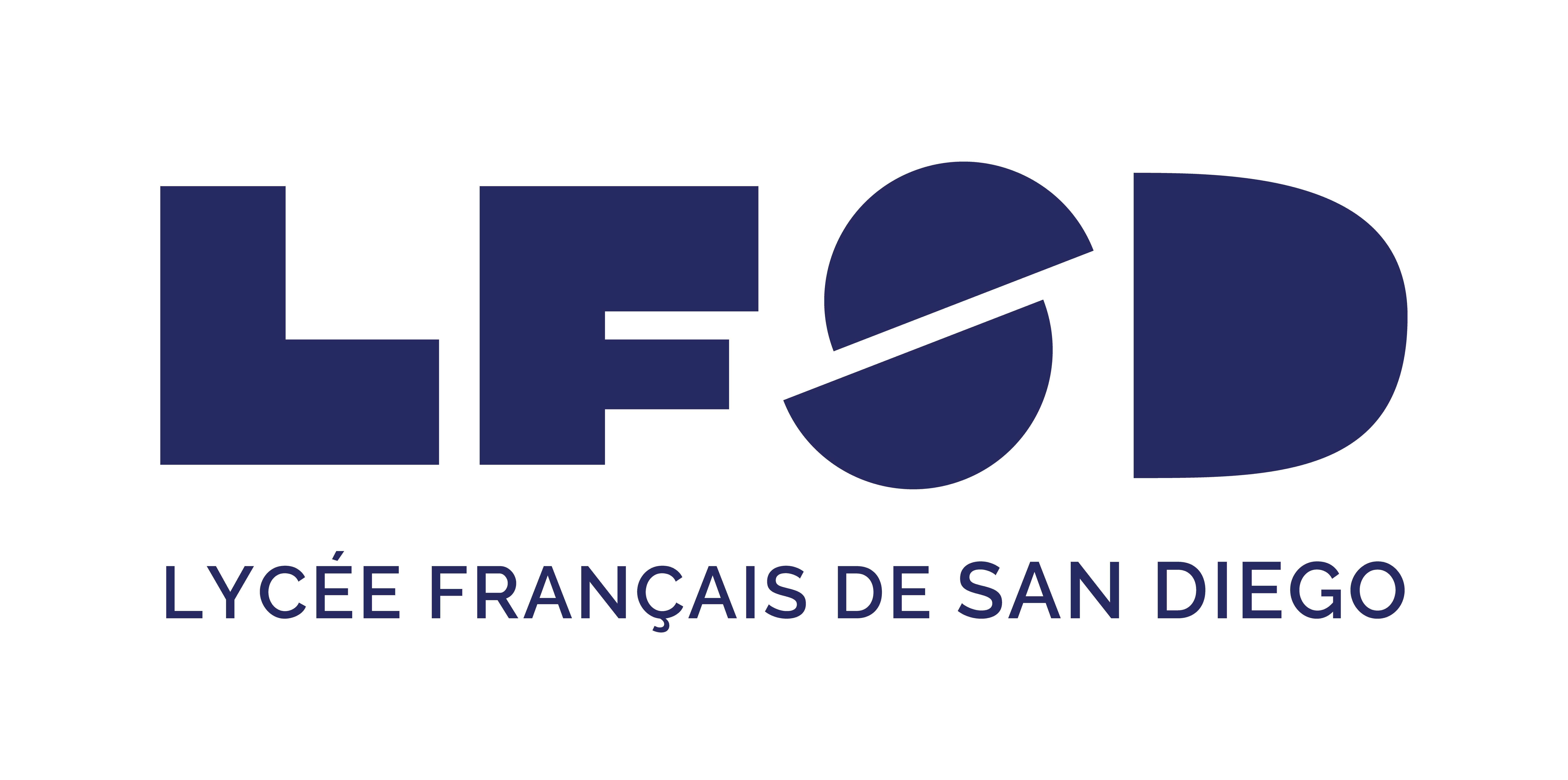$375.00
Board Games
Teacher: Jean-Christophe Place ![]()
Day: Tuesday
Age/Grade levels: 5-8
What to expect: Scotland Yard/Quai des Orfèvres: board game that matches our curriculum and helps us discover English and French history and culture through the cities of London or Paris, and observe the role of a large metropolis in globalization. The game consists of searching for a fugitive in the streets of London or Paris. It is a strategy and tactic game for 2 to 6 players.
Scrabble: classical game to reinforce vocabulary, strategy and calculation. We can play in French or in English. From 2 to 4 individual players, up to 6 players if we play with teams
Forteresses: board game which looks like Trivial Pursuit, based on our curriculum in French (blue steps), History (red steps), Geography (green steps). This game is more versatile than Trivial Pursuit because players can play with teams and have to bet on their own knowledge and block the other teams (white steps), or have to find the only good answer among several propositions (purple and yellow steps), or have to estimate statistics about natural or social phenomena (orange steps).
More information: jean-christophe.place@lfsd.org
Out of stock
Description
Board Games
Teacher: Jean-Christophe Place ![]()
Day: Tuesday
Age/Grade levels: 5-8
What to expect: Scotland Yard/Quai des Orfèvres: board game that matches our curriculum and helps us discover English and French history and culture through the cities of London or Paris, and observe the role of a large metropolis in globalization. The game consists of searching for a fugitive in the streets of London or Paris. It is a strategy and tactic game for 2 to 6 players.
Scrabble: classical game to reinforce vocabulary, strategy and calculation. We can play in French or in English. From 2 to 4 individual players, up to 6 players if we play with teams
Forteresses: board game which looks like Trivial Pursuit, based on our curriculum in French (blue steps), History (red steps), Geography (green steps). This game is more versatile than Trivial Pursuit because players can play with teams and have to bet on their own knowledge and block the other teams (white steps), or have to find the only good answer among several propositions (purple and yellow steps), or have to estimate statistics about natural or social phenomena (orange steps).







